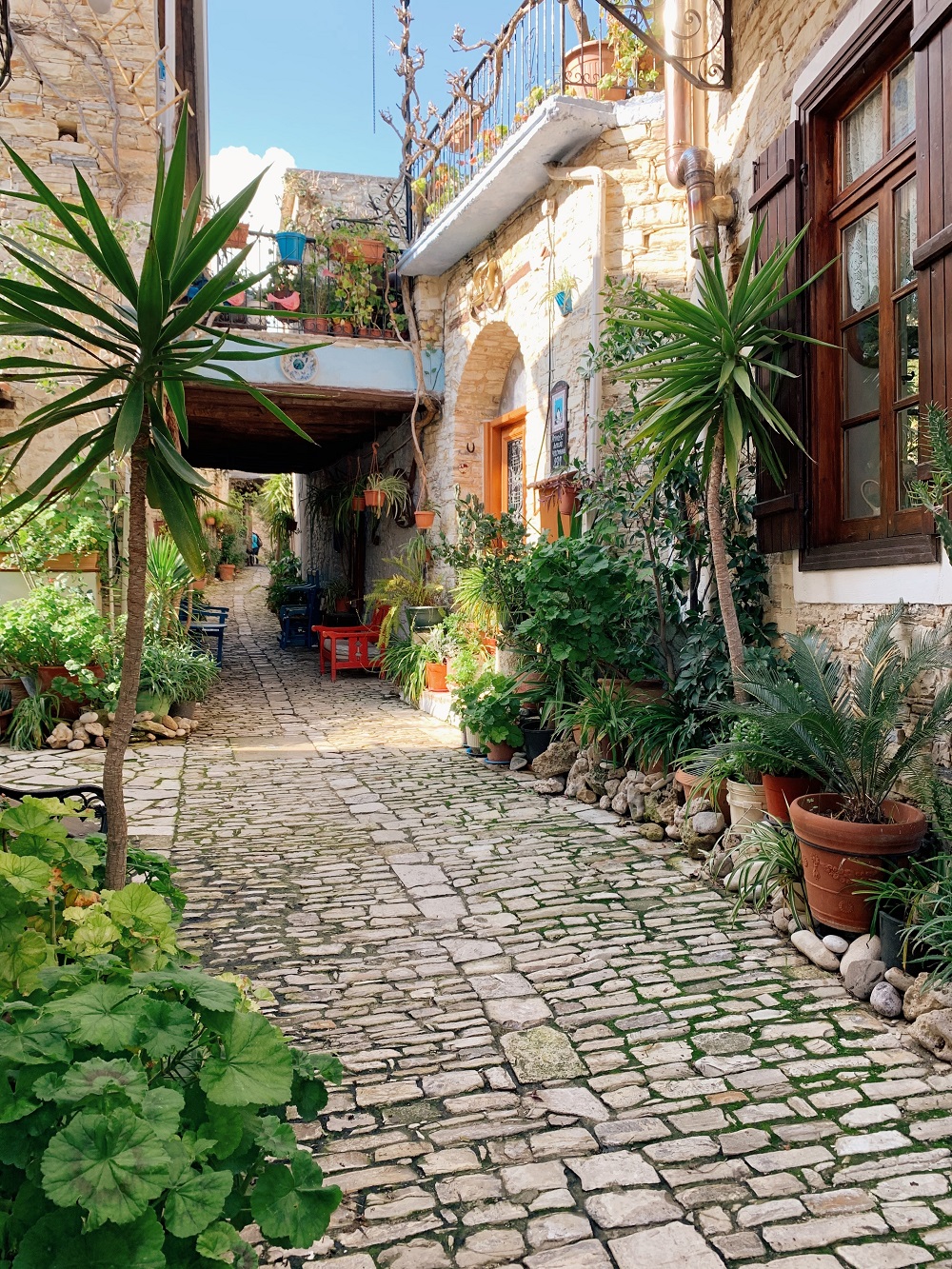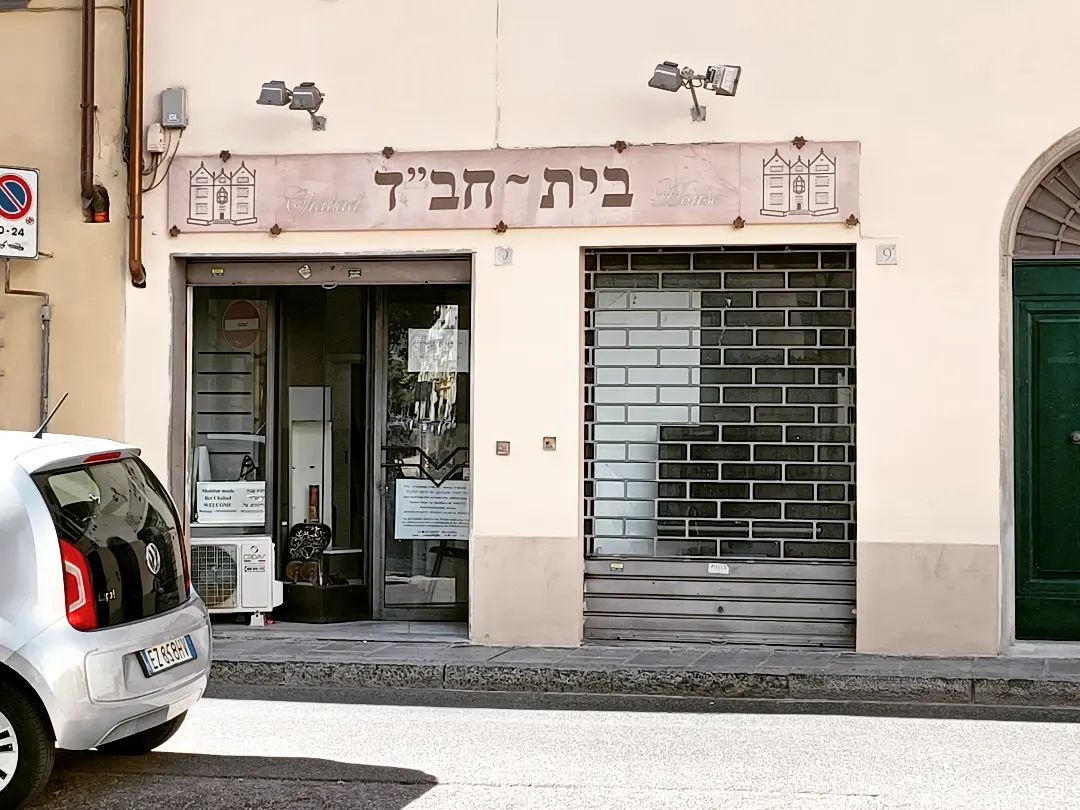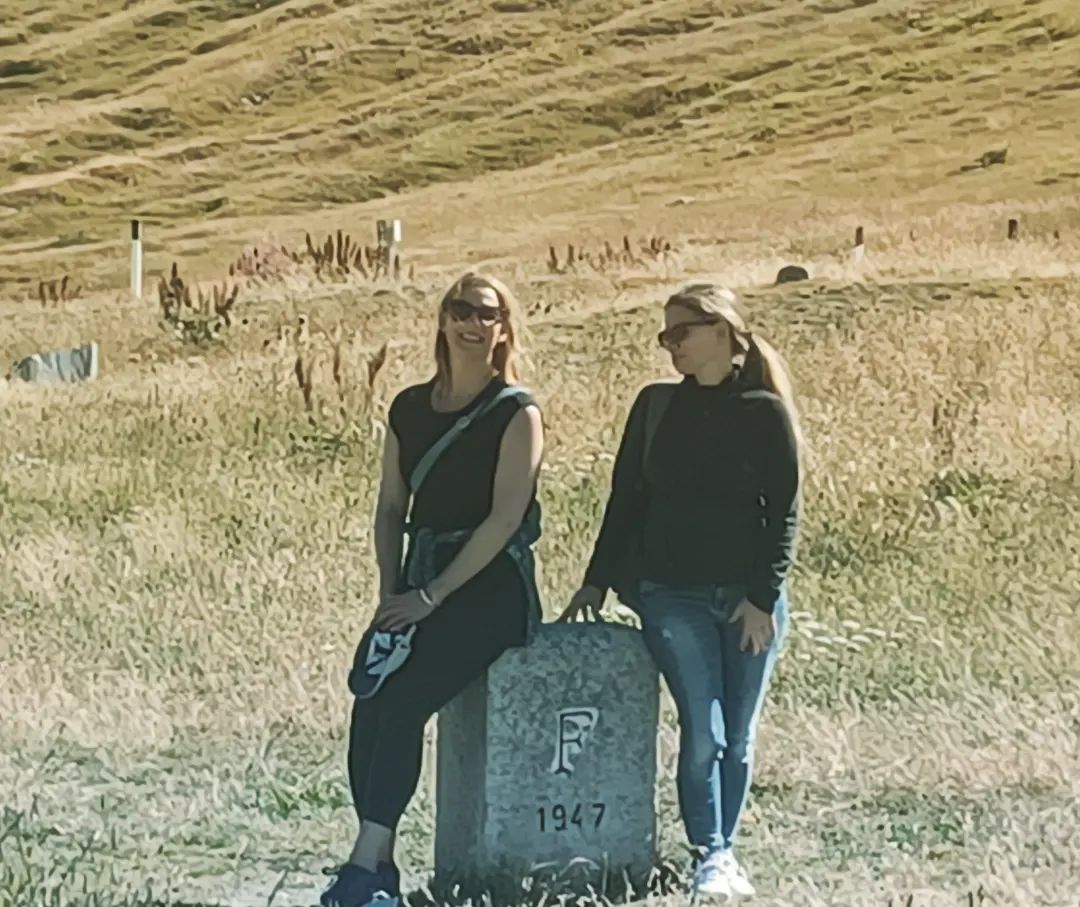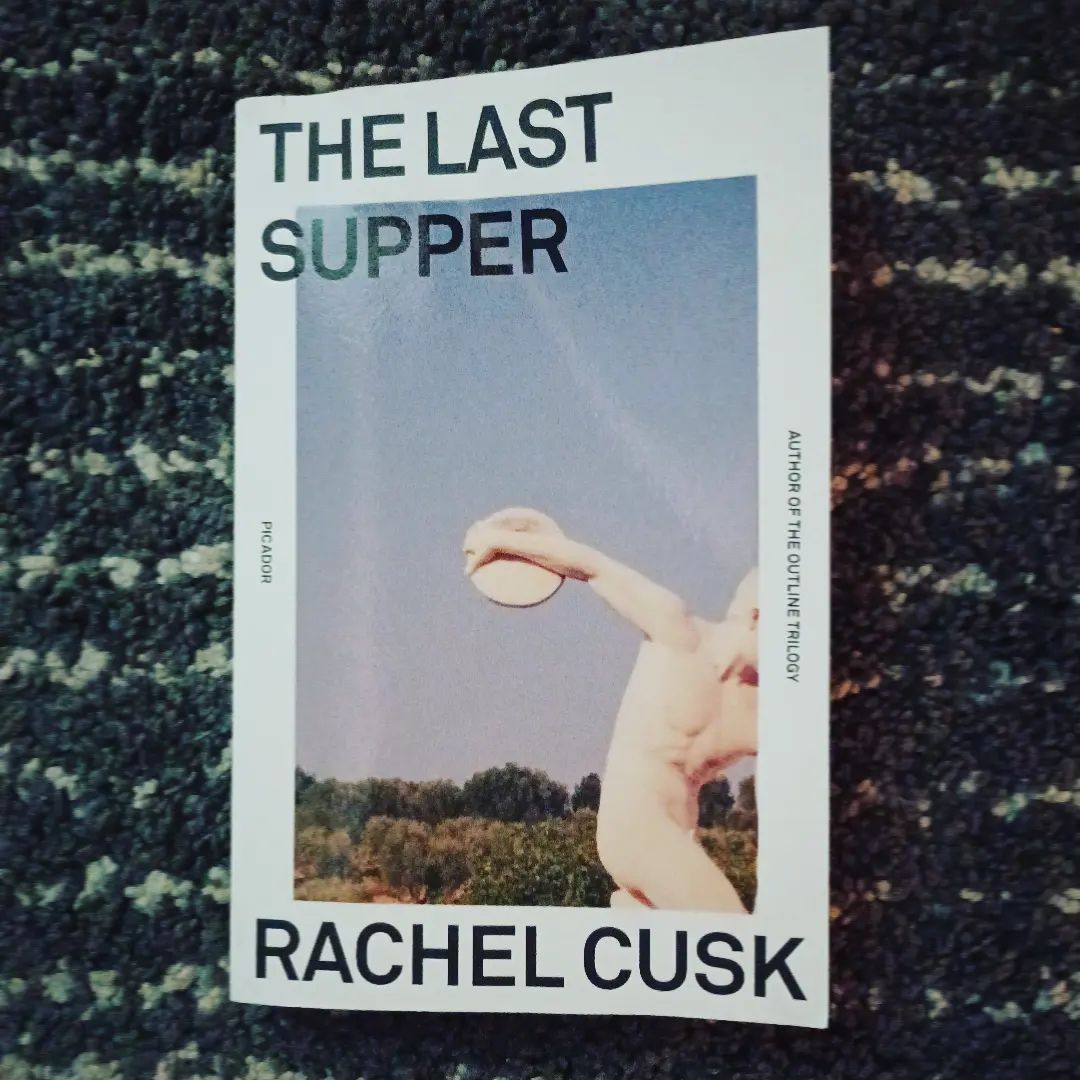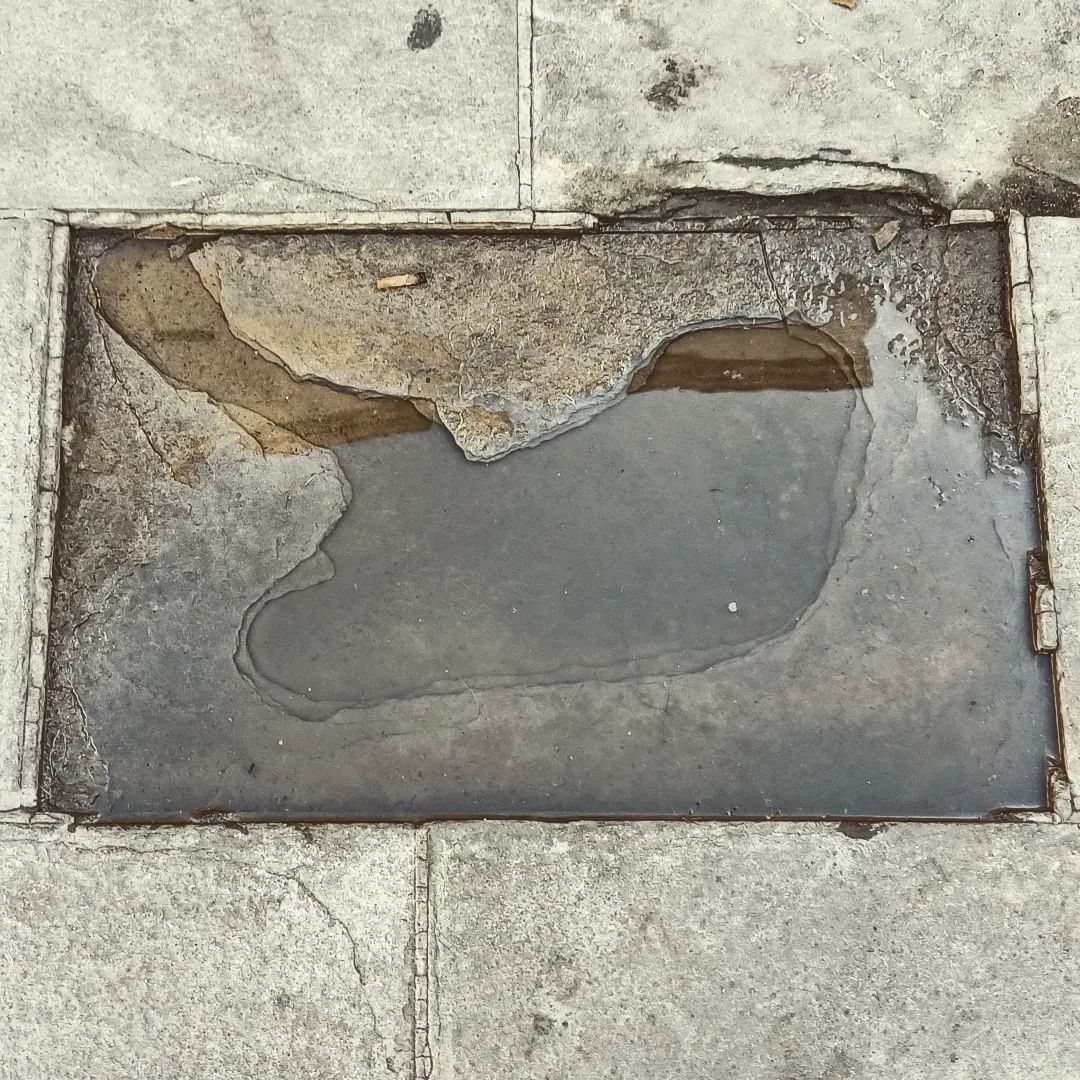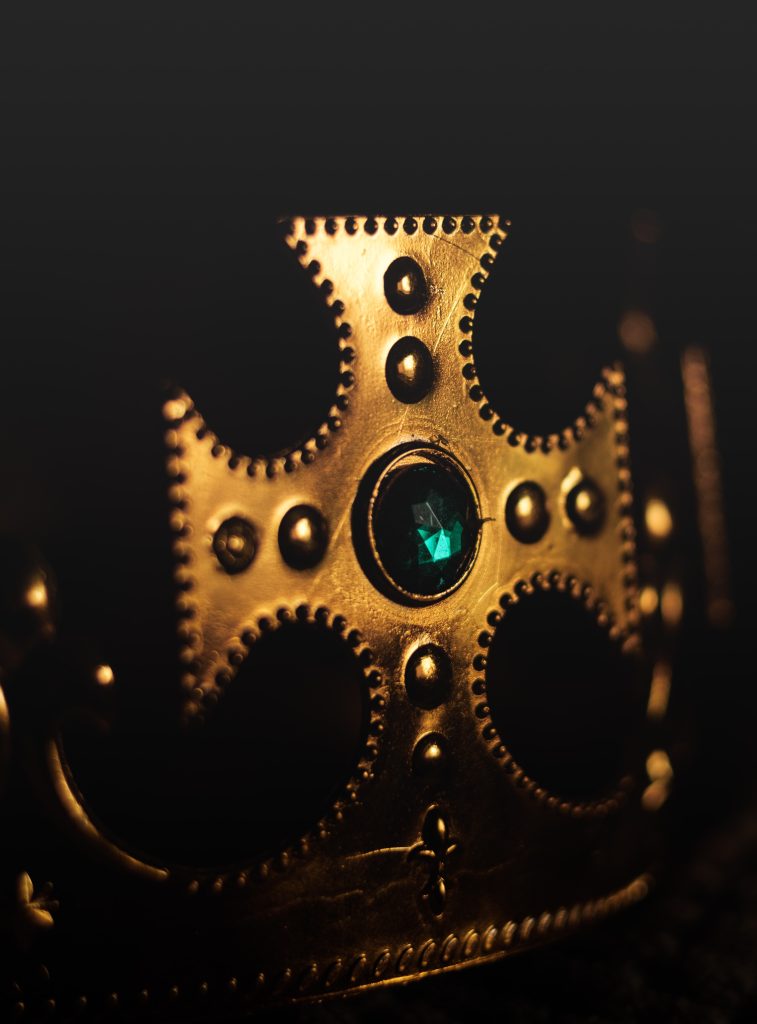
Decades ago, when I was in my most larval phase of the Shakespeare Project, Henry V (1599) was the first play I ever watched for fun, text in hand. I followed along mesmerized by the magic in words that tracked precisely to what I watched on the small screen: the 1989 production starring Kenneth Branagh, on VHS. My finger on the page followed along, my mother’s Volume II of The Compleat Works of Shakespeare open on my lap on the sofa in our front room.
Come to think of it, those two volumes, jacketed in beige with crimson-edged leaves, beckoned to me from a young age, and in high school I took a certain pride in choosing to embark on a voyage into their contents to any extent. Armed with a certain confidence from my English classes, I arrived at the text in a brave new way, unencumbered by expectations. I watched and read Henry V of my own accord – yes, very nerdy, but also, very motivated, and maybe too, guided by voices.
I liked the film so much that I had a cassette tape of the soundtrack and proceeded to wear that out too. Branagh (b. 1960) was not even thirty when he directed and starred in the production. Who in the late eighties could resist the tidal wave of charm embodied in the on-screen presence of Branagh as Prince Hal, and Emma Thompson, in the role of the spoils of war – a prize bride for the English king? Certainly not one bored and escapist high school junior named Monica in Oklahoma, living off language.
Certain quotes from that time stayed with me and became emotional touchstones. I have written about some of them in this space, notably “I was not angry since I came to France / until this instant” (Act IV, Sc. 7). This was a phrase I repeated to myself, silently and almost continuously, when I was a graduate student in Strasbourg almost thirty years ago, struggling to cope with a less than welcoming culture.
And Branagh’s ad lib to la princesse Katherine when he asks her if she loves him and she responds, je ne sais pas, he rejoins, “well, do any of your neighbors know, I’ll go ask them.” The playful tone of this scene in English and French is memorable and ends the play on a thanksfully light note. I watched this scene this time with Eleanor and she loved it as much as I do.
I suppose in 1990 I was more starstruck and youthfully crushing on a Branagh who brought to vivid life – and for me for the first time – a character from the fusty pages of a volume that had been on my parents’ bookshelves since I was old enough to read the spine. The Falkland War was a dim and fuzzy memory for me, but I have since read that its politics are visible in the Branagh production. This time I returned to the 2012 BBC production, the final segment of The Hollow Crown and the Henriad, starring Tom Hiddleston in the title role, who is perhaps more correctly cast as Henry, but less vibrant than the Branagh of my memory. In any case, he has great hair (long, luxurious, curly locks), and a lean physique, and a lovely noble accent, which is what you want in the rendering of a historic Lancaster king. I tried to find a full version of the production starring Kit Harrington but alas, no luck.
A lot has happened in the Britain since 1415, 1599, 1989, and indeed in the intervening years since 2012. I suppose what irked me this time around about Henry V is its nationalist populism, its inward-looking identity –
But we in it shall be rememberèd—
We few, we happy few, we band of brothers – Henry, Act IV, Sc. 3
Its – dare I say – Brexitness. It’s as blunt as the even more famous lines from Richard II:
“This royal throne of kings, this sceptered isle, This earth of majesty, this seat of Mars, This other Eden, demi-paradise, This fortress built by Nature for herself Against infection and the hand of war, This happy breed of men, this little world, This precious stone set in the silver sea, Which serves it in the office of a wall Or as a moat defensive to a house, Against the envy of less happier lands,–This blessed plot, this earth, this realm, this England.”
O England, exclusive and self-removing – really?
One other thought. Henry V makes so much more sense having seen Henry IV Pt. I & II – to know how Prince Hal whiled away his days in Eastcheap, drinking and gambling and much aggrieving his serious father, palling around with Falstaff (whose acquaintance I shockingly never made until the Shakespeare Project lifted off the ground, and I am the richer for it). The pathos of Pistol, Nym and Bardolph meeting their end in fear in France only makes sense if you’ve witnessed their carousing as free men with Mistress Quickly and Doll Tearsheet down at the Boar’s-head Tavern. The prologue of the Henry IV plays make Henry V all the more poignant and relatable. The son is the father of the man.
On a writerly note, I appreciate the framing of Henry V, beginning and ending at the end of his life, circumscribing his chapters at court and Azincourt. It’s a wide pan that works well a subject as historic as a king. Perhaps Will here was at the height of his powers, just coming round the bend on 40 years, at the top of the new century. Far from dead but by no means a newbie, he imbued the play with his insight and wisdom, intrepid phrases flowing from his pen.
And, fountain pens indeed. I asked Jason for a traditional pen for Valentine’s Day this year and at the rooftop apéro he pulled out a wrapped thin box containing a sleek silver Parker pen inside with one blue ink cartridge. I had forgotten the pleasure with which ink slips silently from nib to page, with no stress on the wrist. I haven’t written with a fountain pen since 1996 in Strasbourg. My memory skates ahead and behind to watching Shakespeare in Love in the theater in Bellevue in 1999, my date impressed with the ink stains on Joseph Fiennes’s fingers. It was so authentic, he enthused. No one writes like that anymore, I groused internally. But we wanted to.
Fun fact: it is said, but is almost impossible to verify, that Shakespeare’s last living descendant is buried in the English Cemetery, a stone’s throw from our palazzo in Florence. I’ve seen the tombs of Beatrice Shakespeare and Edward Claude Shakespeare Clench. This must be some Romantic notion remaining from the mid-nineteenth century. Elizabeth Barrett Browning is definitely buried there, with noticeable monument. If anyone knows more about Beatrice Shakespeare and her (possible) son Edward being interred in Florence, please comment!



